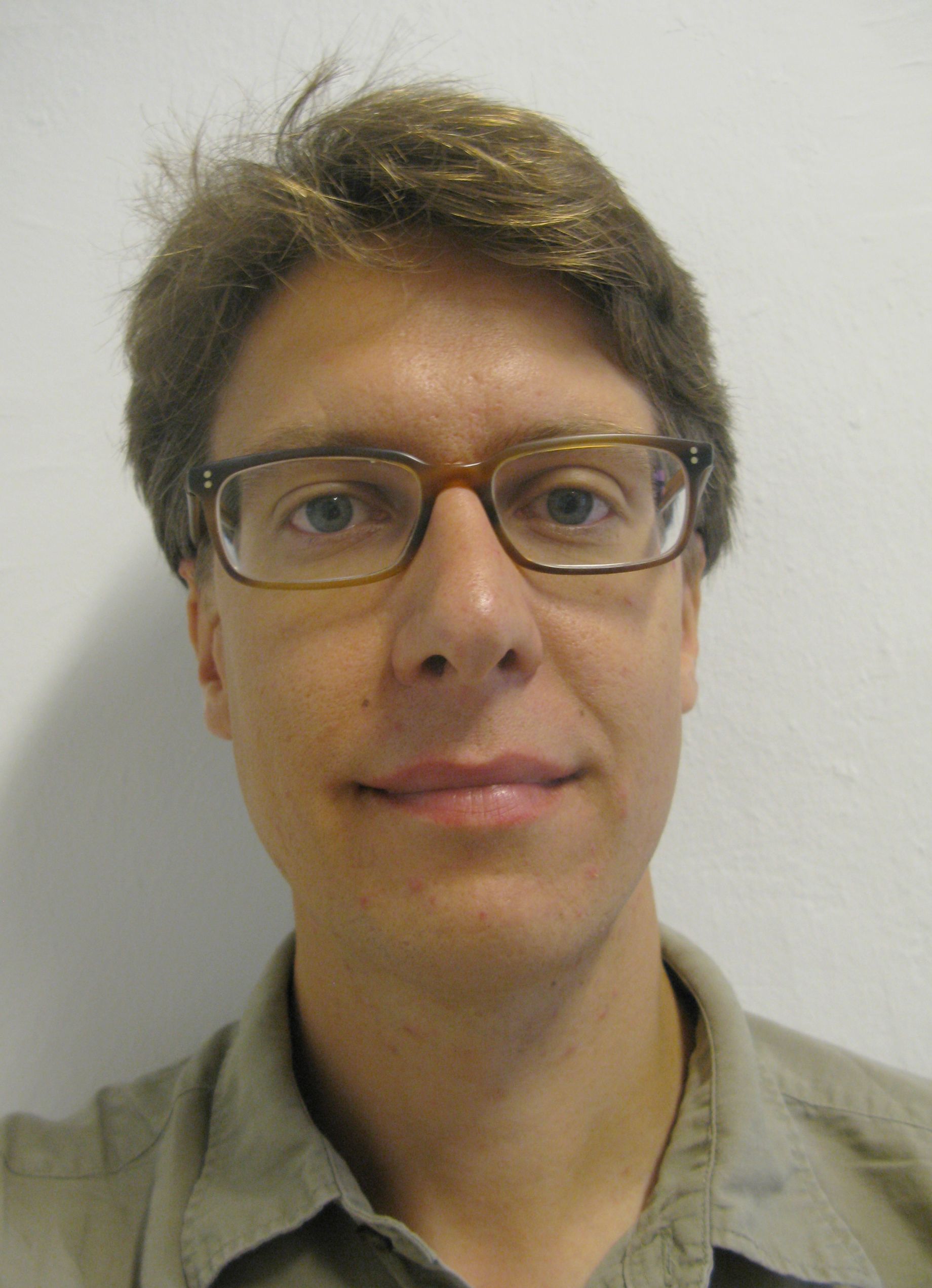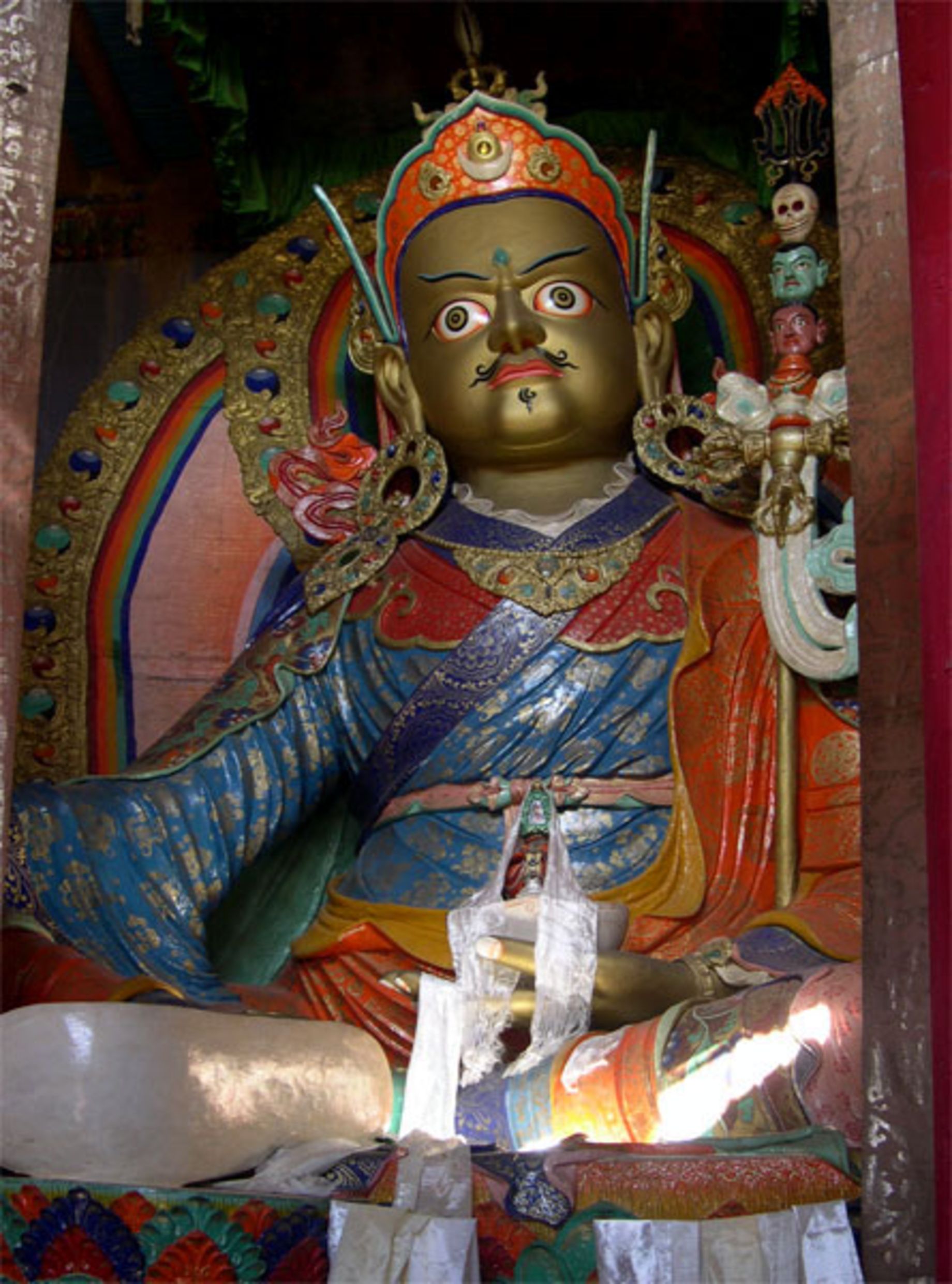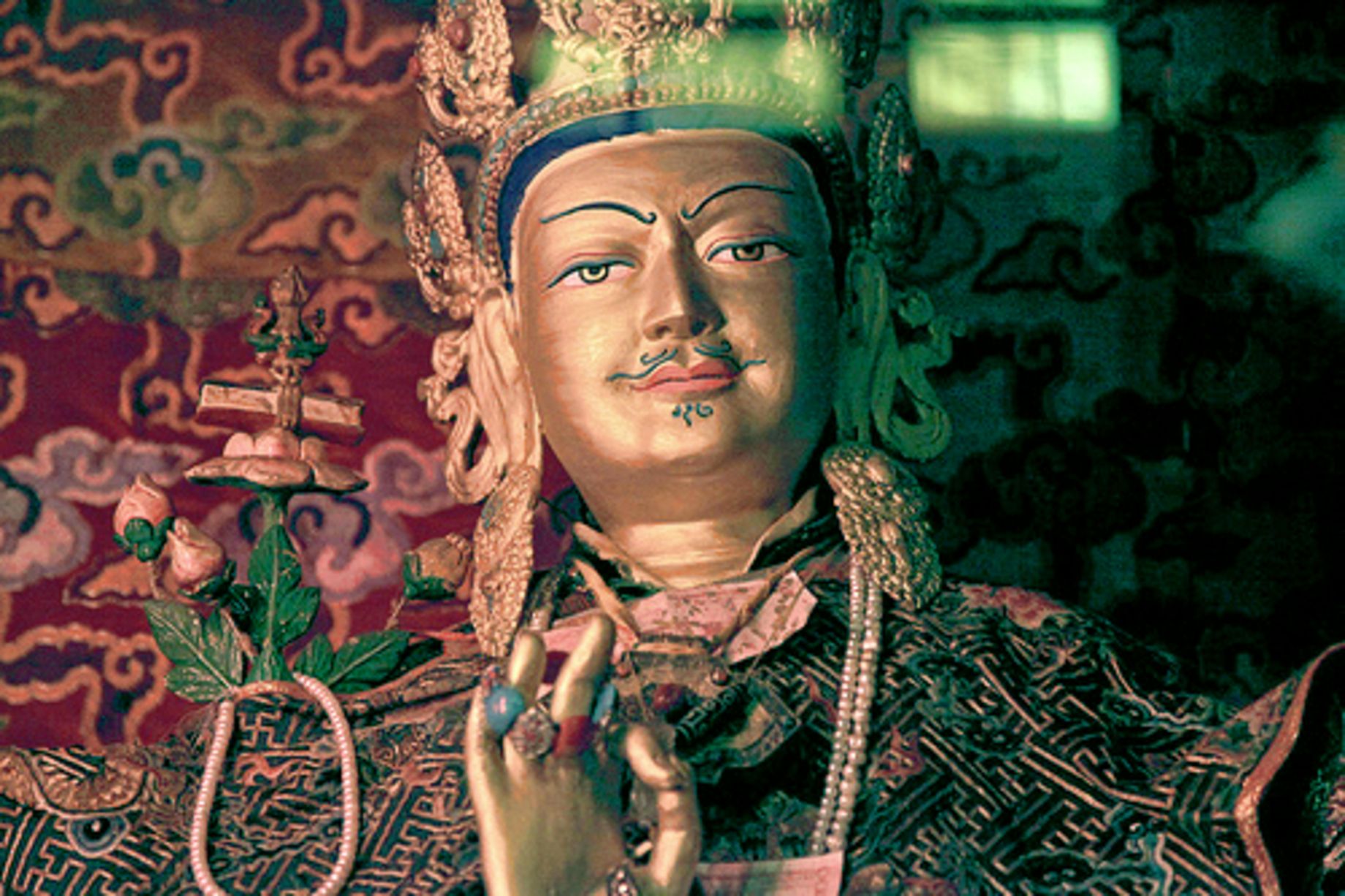The Foundations and Transformations of Tibetan Buddhist Historiography
The past has always held great power in Tibet. The blueprint for pre-modern Tibet’s religio-political identity was first laid down in the enduring historical narratives of the eleventh to thirteenth centuries. My research project carries out the first text-critical study of two of these highly influential works, the Zangs gling ma and sBa bzhed, identifying their precursors and charting the later process of their textual revision in Tibet.
New discoveries related to these texts afford the opportunity to revisit their important narratives, based on not only new sources but also a fresh theoretically backed approach to Tibetan textual studies. Applying the insights of thinkers in the Philosophy of History and Literary Studies, I shall plot the redaction of these historiographical works through the centuries, and the resultant transformation in the image of the culture heroes that they depict, Tri Songdetsen and Padmasambhava.
Comparing the earliest attested recensions of each work to their later redactions will uncover both the cultural motivations for editing received texts and the growing hegemony of Buddhist value systems in Tibet. This project will thereby enable a re-evaluation of traditional historiography and national identity in early Tibetan Buddhist literature.




